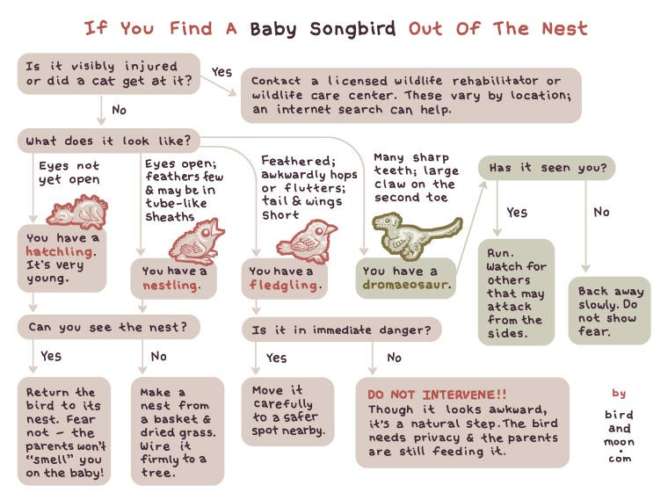Love in the time of COVID
Spring has sprung and although we humans are trying to practice social distancing and staying away from each other, let’s just say that Georgia’s native birds haven’t quite gotten the memo. That’s right; it’s baby bird season! The Zoo may not be open right now, but you can still see some baby birds around your home. Some of you might be lucky enough to have a nest near your home where you can observe a new generation of native birds coming into the world. I thought I’d write a little bit about what you should and shouldn’t do when you come across a nest, eggs, or chicks.
Situation: You find seemingly healthy eggs or chicks in a nest.
First of all: cool! You found something really interesting!
Do:
- Say, “Cool! I found something really interesting!”
- Snap a pic and try to ID the species of bird
- Become a backyard biologist and keep a log book with your observations
- Sign up for E-bird (https://ebird.org/home) and share your observations as a citizen scientist!
Don’t:
- Stand too close to the nest
- Purposefully scare parents away from the area to allow you access
- Linger near the nest; the parents might think you are a predator and abandon ship
- Touch or remove eggs or chicks. No, you won’t leave a human “scent” behind (that’s a myth!) but you could accidentally do some damage.
Situation: You find a nest in an inconvenient place…such as in a wreath on your front door or in another highly trafficked area.
Do:
- If possible, try to avoid that area until the chicks fledge. Luckily, most native songbirds have short incubation periods (the time between the egg being laid and a chick hatching) and fledging periods (the time between a chick hatching and leaving the nest).
- If it’s not possible to avoid the area and you find yourself accidentally disturbing the parents, attempt to move the nest in a more convenient location, as near to the original site as possible. Only do this as a last resort!
Don’t:
- Move the nest far away from its original location.
- Destroy or harm eggs or chicks inside of a nest. Fun fact: the federal Migratory Bird Treaty Act of 1918 makes it illegal to destroy or disturb nests with birds or eggs in them.
Situation: You find a baby bird injured and/or out of the nest.
This fun flowchart is a great way to help you make a decision.

Mosco, Rosemary. “If you find a baby songbird out of the nest.” Audubon, 11 June, 2014, https://www.audubon.org/news/find-baby-bird-out-nest-heres-what-do.
When in doubt, talk to a local wildlife rehabber. Aware Wildlife Center (https://www.awarewildlife.org/) is a great resource in the Atlanta area!
Now that you’re all well-informed backyard birders, have fun out there! I hope you all peep some cool birds!
Taylor R.
Keeper III, Birds

Connect With Your Wild Side #onlyzooatl